With the advantages of low prices and fast delivery, consumers prefer to order small-value items on e-commerce platforms from abroad to Vietnam. However, this poses the risk of tax loss and unfair competition with domestically produced goods.
Race to order online at cheap prices
The development of e-commerce, many people order goods online on e-commerce platforms shipped from abroad. Mr. Tien Xuan ( Hanoi ) said that in the past 3 years, when he needed to buy household goods such as phone cases and rechargeable fans, he often chose to buy on e-commerce platforms.

“Most of the products sold in the store are labeled as being from China, so I order them on e-commerce platforms, which have similar quality and are much cheaper. For example, tempered glass and phone cases in stores cost 50,000 - 100,000 VND. The prices of these products on the platform are only 1/3 of that, helping shoppers save money,” Mr. Xuan shared.
Ms. Nguyen Huong (Hoang Mai, Hanoi) regularly orders all kinds of items on e-commerce sites such as clothes, backpacks, and shoes. Each product that Ms. Huong orders ranges from 100,000 to 200,000 VND. In addition to buying for her own use, she also orders to sell to friends and relatives. Each month, Ms. Huong orders an average of 150-200 household products. Most of these items are delivered to Ms. Huong's home, and the value is under 1 million VND/product.
“A pair of sandals I ordered cost 150,000-170,000 VND, a set of home clothes cost 150,000-200,000 VND. Many colleagues supported me in buying the products. The prices are much lower than ordering from stores or similar domestic brands,” Ms. Huong shared.
In line with consumer trends, the number of items valued at less than VND1 million/product has increased sharply in recent times. According to shipping units, every day there are about 4-5 million small-value orders shipped from China to Vietnam via Shopee, Lazada, Tiki, and TikTok.
Fair to domestic products
According to Mr. Dang Ngoc Minh - Deputy General Director of the General Department of Taxation, the regulation on VAT exemption for small orders related to the customs sector is to comply with the International Convention on Harmonization and Simplification of Customs Procedures (Kyoto Convention) that Vietnam has signed. Recently, some countries have changed their legal regulations related to taxing this item.
“All e-commerce platforms send information to the tax authorities periodically. Based on this information, along with the inspection, examination and proactive declaration of taxpayers, the tax authorities collect a database of taxpayers doing business through the platform. Then, the General Department of Taxation compares and automatically distributes it to tax branches in 63 provinces and cities for management. Will Vietnam change its tax policy on goods? import "Whether the value is small or not will be determined by the Government and the National Assembly ," said Mr. Minh.
According to the 2023 e-commerce white paper, the number of Vietnamese consumers participating in online shopping increased to 61 million, up 7.02% over the same period. The online shopping value of each person is about 336 USD/year.
Ms. Nguyen Thi Cuc - President of the Vietnam Tax Consulting Association assessed that goods with a value of 1 million VND or less are not subject to value added tax and import tax, which has created conditions for small-value imported goods to flood the Vietnamese market. Ms. Cuc warned that there is a situation of taking advantage of the tax exemption policy, sellers tearing up the value of orders to a few hundred thousand to avoid tax, potentially losing tax revenue.
“Imported goods with a value of less than 1 million VND are exempt from value added tax and import tax, and the selling price to consumers will be cheaper than domestically produced goods. This reality potentially causes budget loss and causes inequality with domestically produced goods and damages buyers. Therefore, I propose that the tax exemption policy for imported goods with a value of 1 million VND or less should be abolished to ensure fairness with domestically produced goods and prevent tax loss,” Ms. Cuc proposed.
Sharing the same view, tax expert Nguyen Van Duoc said that domestically produced goods must pay value added tax, while imported goods via express delivery are exempted, which is unfair. Mr. Duoc suggested that the tax exemption policy for imported goods valued under 1 million VND should be abolished soon to compete equally with domestic goods.
Source






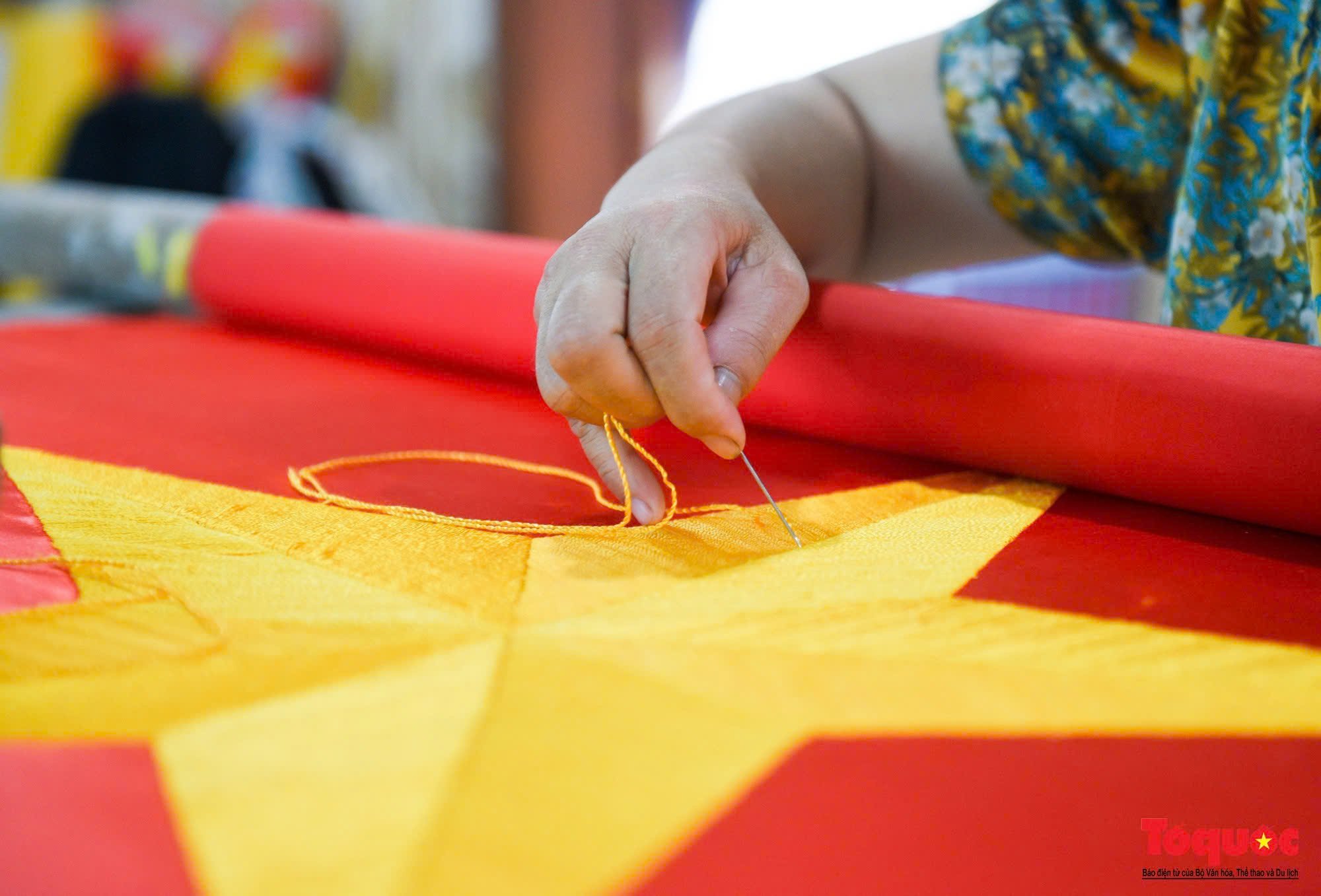





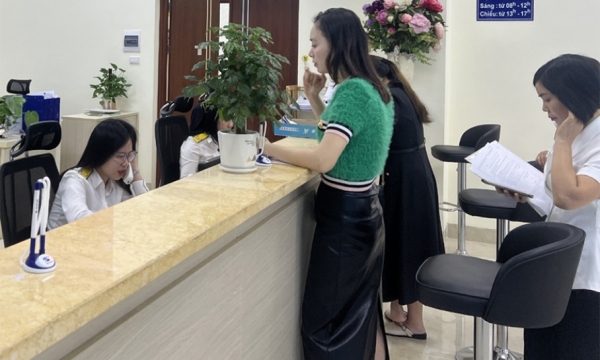

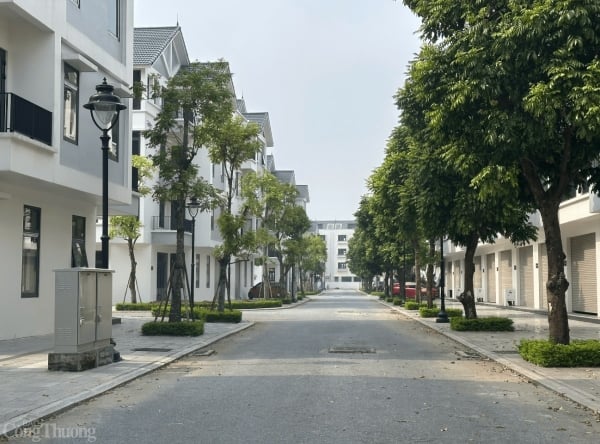


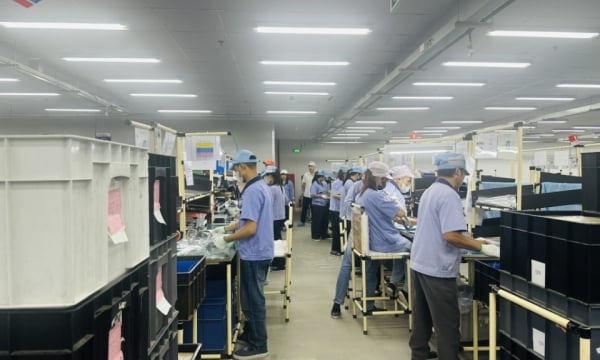
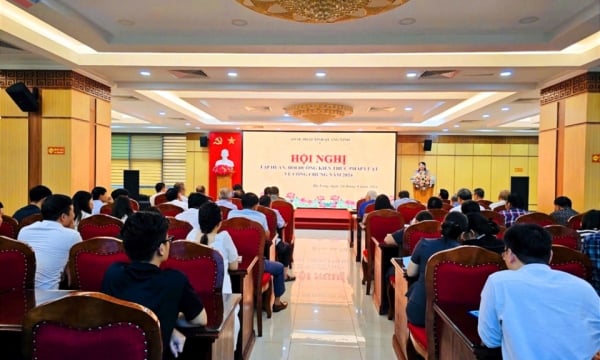

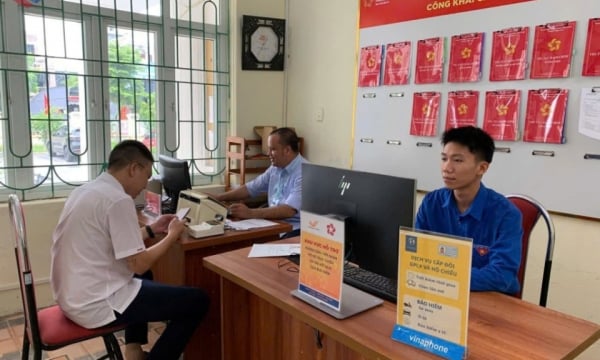




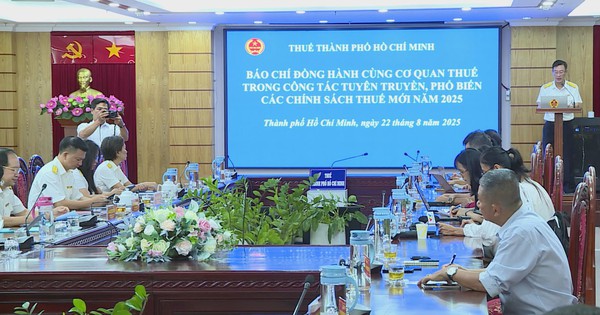





















































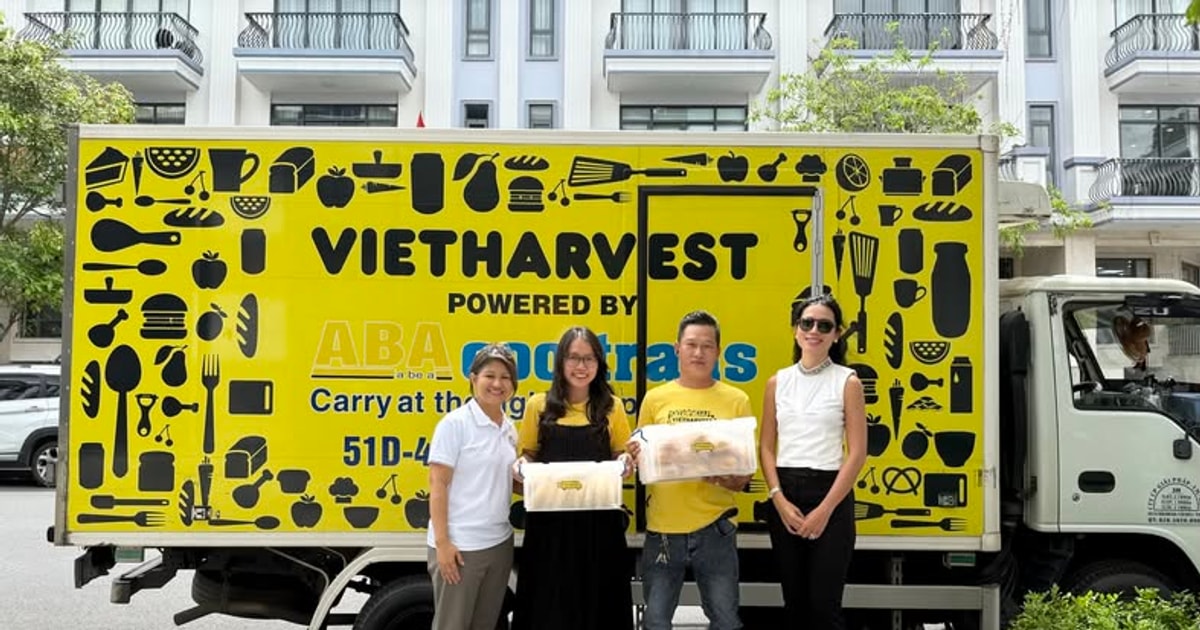




















Comment (0)